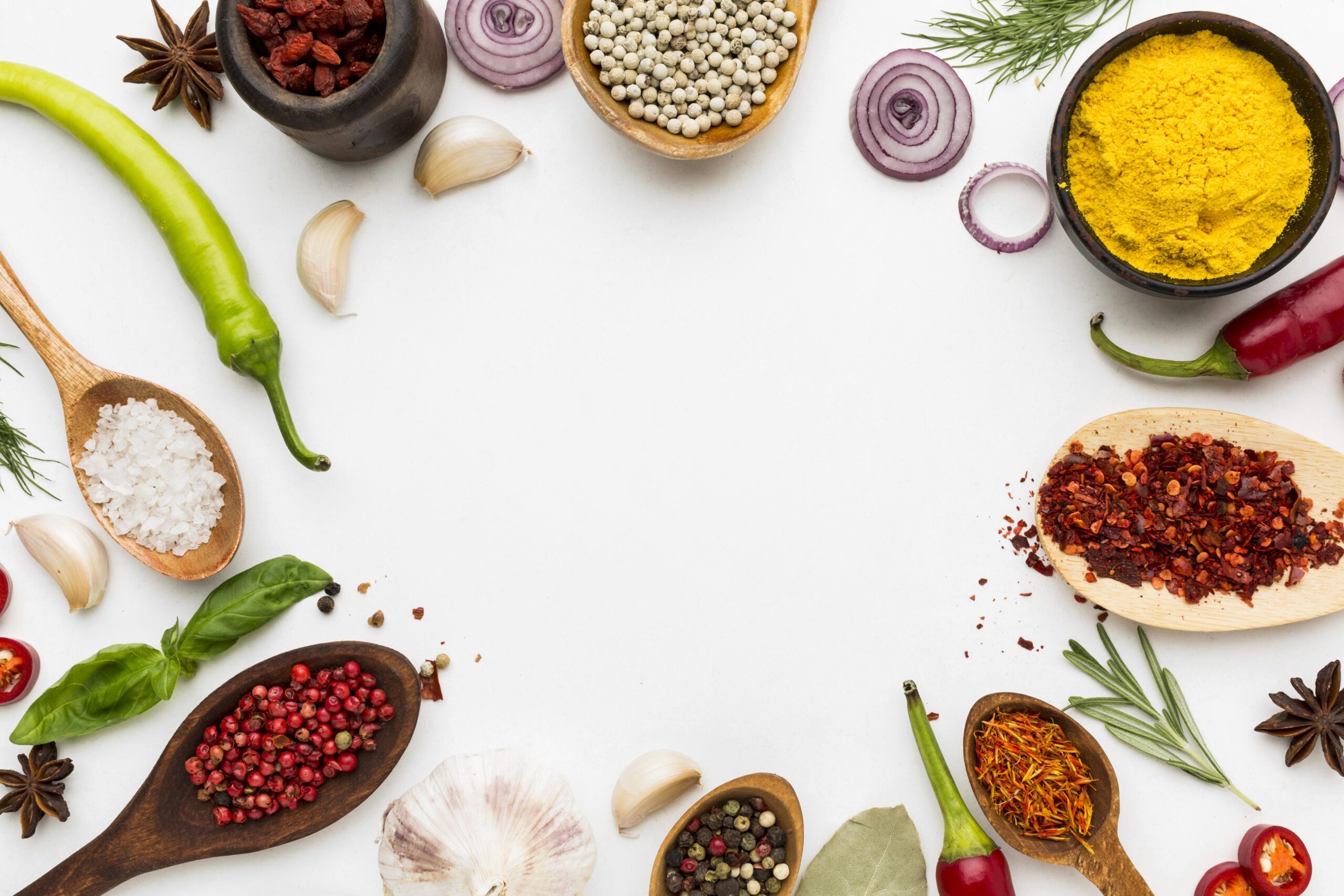Diet & Nutrition
A kidney disease diet focuses on managing the intake of protein, sodium, phosphorus, and potassium to support kidney function and overall health.

By actively engaging with healthcare professionals and diligently adhering to a personalized meal plan, you can effectively nurture your kidneys and significantly enhance your overall quality of life.
Mastering Kidney-Friendly Cooking:
- Opt for grilling, baking, and steaming to prepare meals aligned with a kidney-friendly diet. For example, grill chicken with a drizzle of olive oil and herbs instead of deep frying it.
- Instead of using too much salt or high-sodium seasonings, try flavoring your food with herbs and spices like rosemary, thyme, or garlic.
- Reduce phosphorus content by soaking or leaching certain foods like beans or legumes before cooking.
- Explore low-phosphorus alternatives and incorporate a variety of fruits and vegetables. For example, include leafy greens like spinach or kale, colorful bell peppers, crunchy carrots, sweet berries, and citrus fruits like oranges or grapefruits.
- Practice portion control for a balanced nutrient intake. For instance, it is essential to be mindful of protein intake, as excessive amounts can harm kidney health. Generally, most kidney diets recommend a serving size of 3-4 ounces of meat.
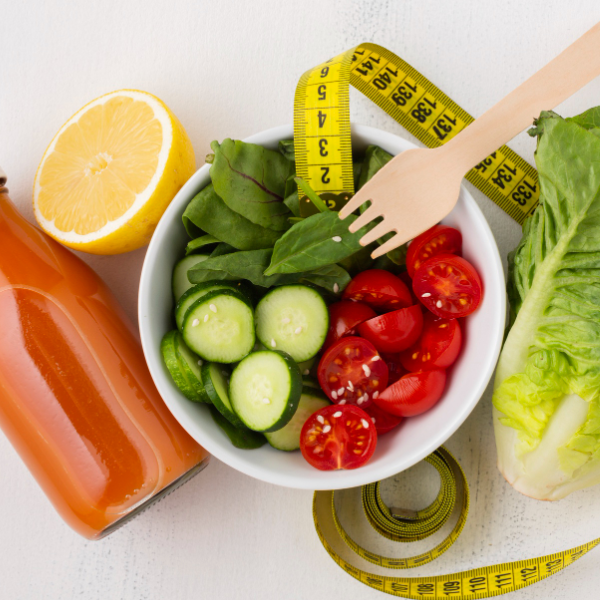
The Importance of a Kidney-Friendly Diet
A kidney-friendly diet holds immense significance in managing kidney disease, supporting overall health and well-being. Let's explore why it plays a pivotal role in your journey toward optimal kidney health:
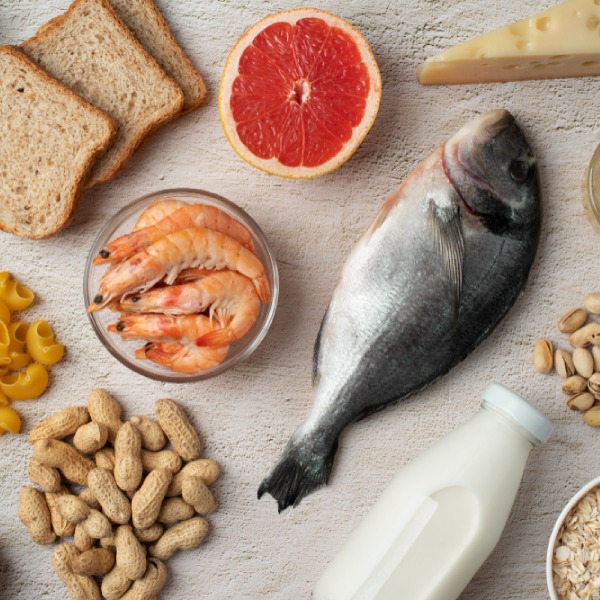
Managing Symptoms and Slowing Disease Progression:
A kidney-friendly diet relieves symptoms of kidney diseases, such as high blood pressure, fluid retention, and electrolyte imbalances. You can reduce the risk of complications by carefully selecting foods that promote kidney function and minimize stress on these vital organs.
Nutrition as a Pillar of Health:
Nutrition is the cornerstone of good health and it becomes even more critical for individuals with kidney disease. A kidney-friendly diet ensures you receive essential nutrients while maintaining proper fluid and electrolyte balance. It supports the health of other organs and systems in your body, fostering overall well-being.
Personalized Meal Plans for Optimal Care:
Collaborating with your healthcare team or a registered dietitian is crucial to develop a personalized kidney-friendly meal plan. They will consider your unique health profile, kidney function, and individual requirements to create a dietary approach that supports your kidney health goals. This personalized guidance ensures you receive the precise nutrients your body needs while avoiding substances that may strain your kidneys.
Meal Planning and Recipes
Best for all day meals.

Start your day with delicious homemade Breakfast
Get a delicious breakfast meal at affordable price.
Fluid Management
For individuals on dialysis, fluid management becomes particularly important due to the impaired ability of the kidneys to remove excess fluid from the body. Fluid overload can lead to symptoms such as swelling, shortness of breath, high blood pressure, and strain on the heart.
To effectively manage fluid intake, it is important to follow the guidelines provided by your healthcare team. These guidelines will typically include recommendations on the total amount of fluids to consume per day, including beverages, soups, and foods with high water content.
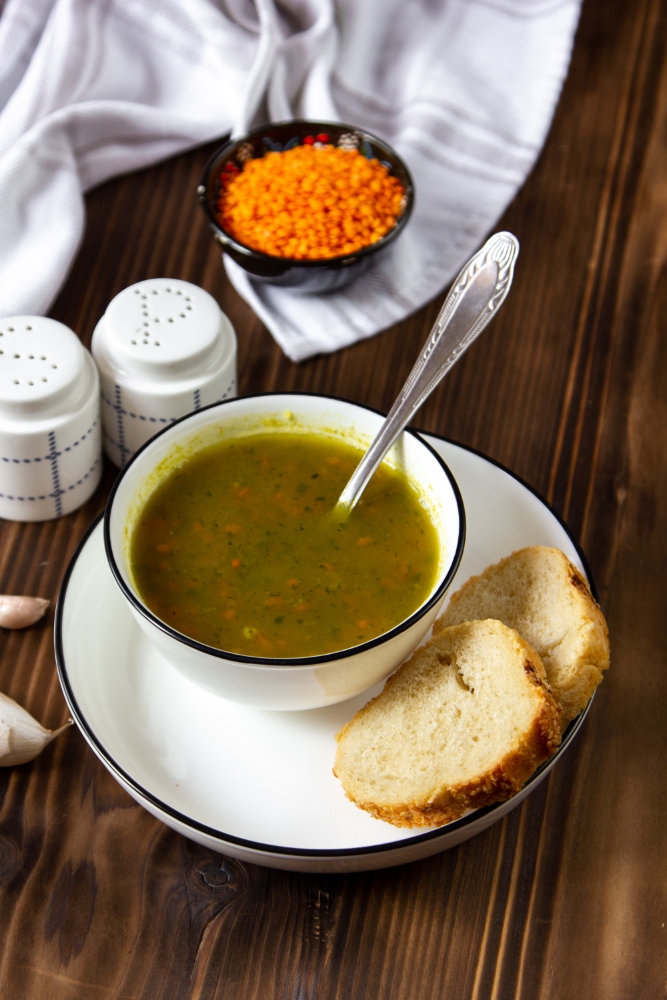
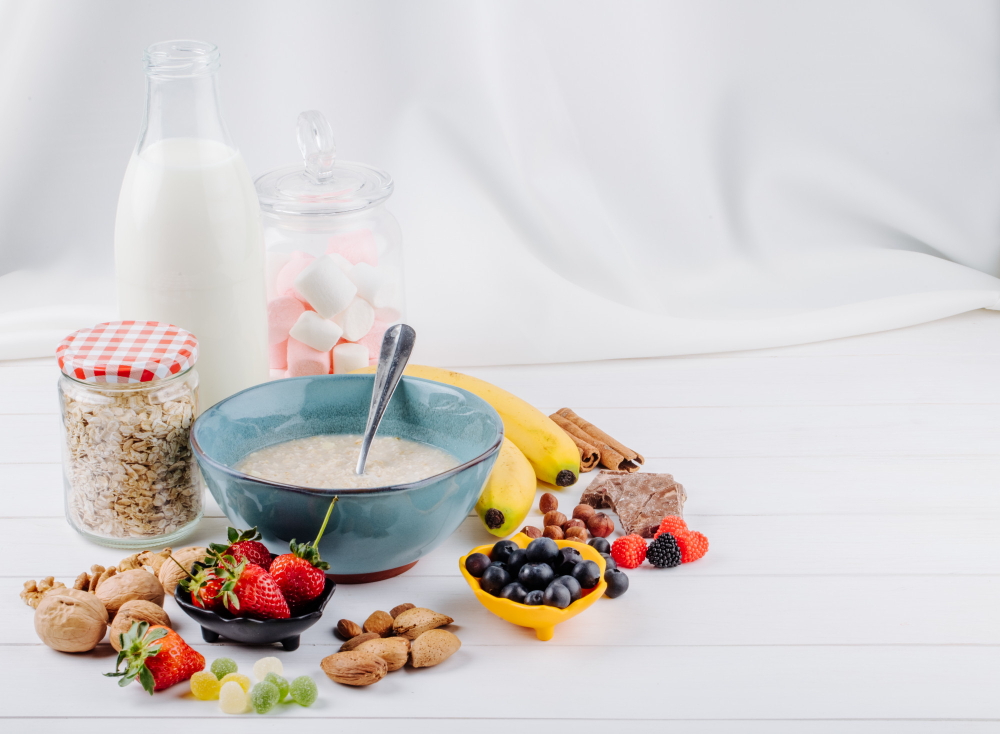
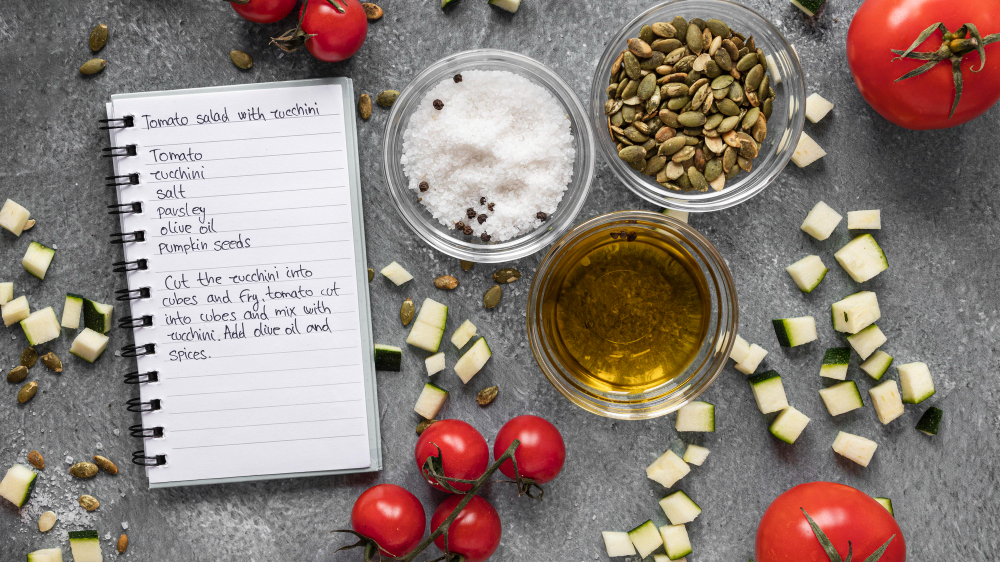
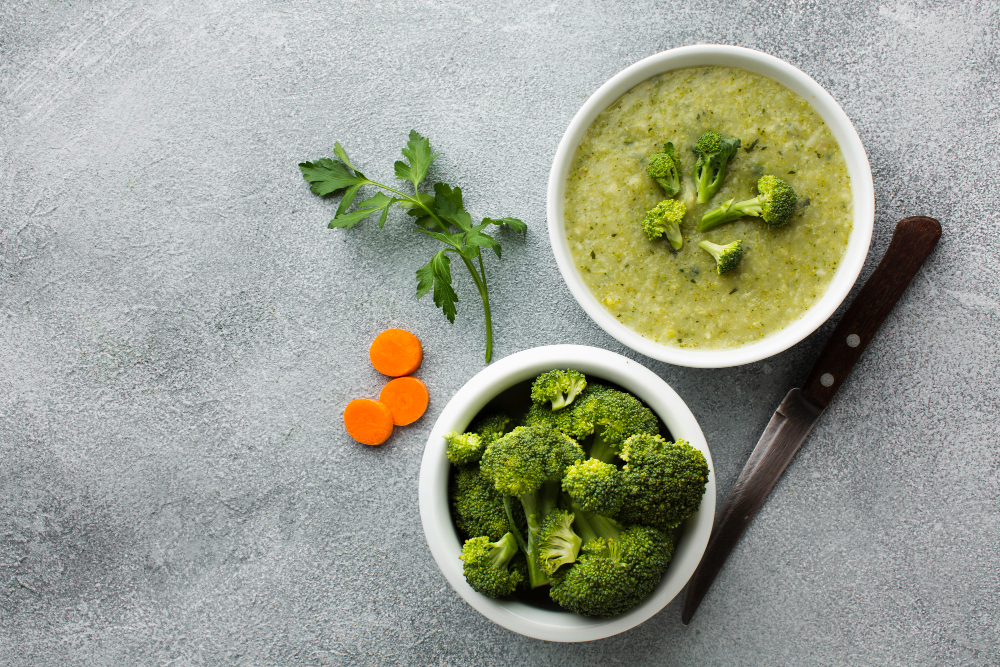


Vitamins and Minerals
Our comprehensive guide provides essential information on how to maintain proper nutrition and optimize your health during dialysis treatment.
Learn about the vital role that vitamins and minerals play in supporting your body’s functions, and explore dietary recommendations and strategies to ensure you meet your nutritional needs.
From understanding specific vitamin and mineral deficiencies to incorporating nutrient-rich foods into your diet, our page offers valuable insights to help you make informed choices for a well-balanced dialysis diet.”
Consult a Dietitian
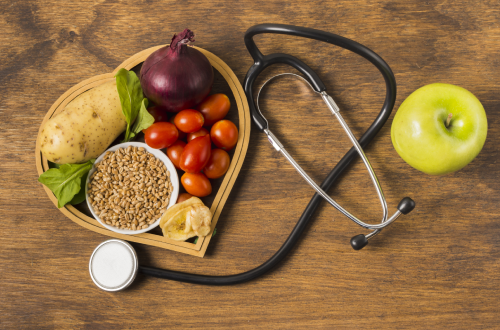
Food Restrictions and Substitutions
List the specific foods that need to be limited or avoided due to their high phosphorus, potassium, or sodium content. Provide alternatives or substitutions that can be incorporated into the diet. For example, suggest low-phosphorus protein sources, low-potassium fruits and vegetables, and low-sodium seasoning options.

Knowing about Insurance and Finance
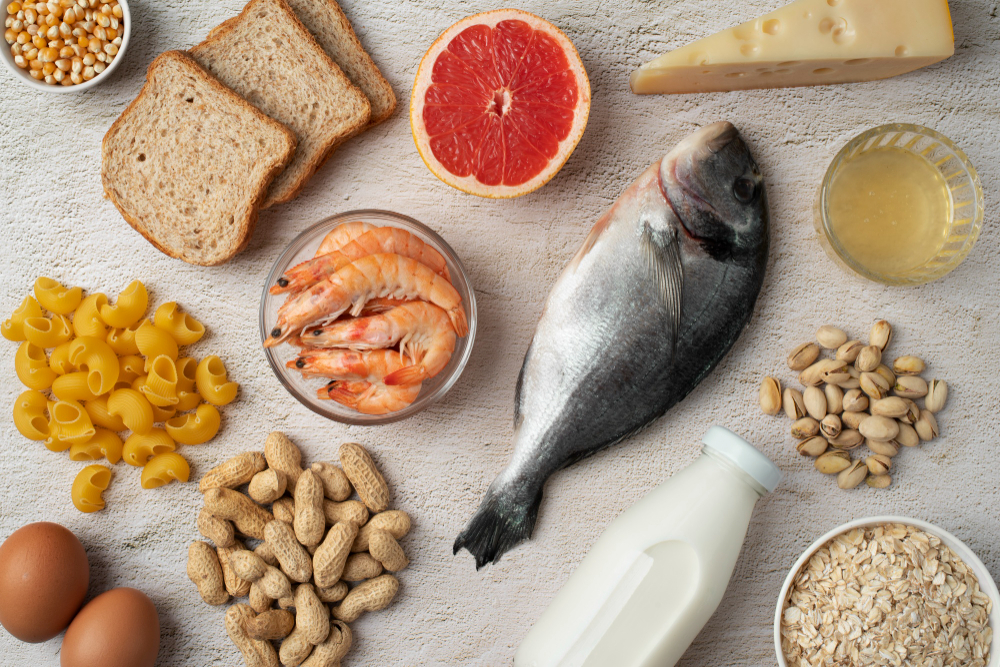
Recipes and Nutritional Values

More about Home Dialysis









